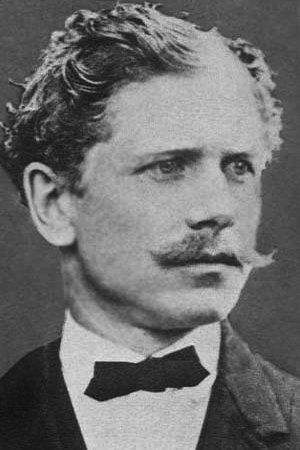
Ambrose Bierce
Ambrose Gwinnett Bierce (June 24, 1842 – c. 1914) was an American short story writer, journalist, poet, and American Civil War veteran. His book The Devil's Dictionary was named as one of "The 100 Greatest Masterpieces of American Literature" by the American Revolution Bicentennial Administration. His story "An Occurrence at Owl... Creek Bridge" has been described as "one of the most famous and frequently anthologized stories in American literature", and his book Tales of Soldiers and Civilians (also published as In the Midst of Life) was named by the Grolier Club as one of the 100 most influential American books printed before 1900. A prolific and versatile writer, Bierce was regarded as one of the most influential journalists in the United States, and as a pioneering writer of realist fiction. For his horror writing, Michael Dirda ranked him alongside Edgar Allan Poe and H. P. Lovecraft. S. T. Joshi speculates that he may well be the greatest satirist America has ever produced, and in this regard can take his place with such figures as Juvenal, Swift, and Voltaire. His war stories influenced Stephen Crane, Ernest Hemingway, and others, and he was considered an influential and feared literary critic. In recent decades Bierce has gained wider respect as a fabulist and for his poetry. In late 1913, Bierce told reporters that he was travelling to Mexico to gain first-hand experience of the Mexican Revolution. It was reported that Bierce accompanied Pancho Villa's army as far as the city of Chihuahua. His last known communication with the world was a letter he wrote there to a close friend, dated December 26, 1913. He disappeared and was never seen again. From Wikipedia.
También conocido como:
Ambrose Gwinnett BierceDod GrileBitter Bierce